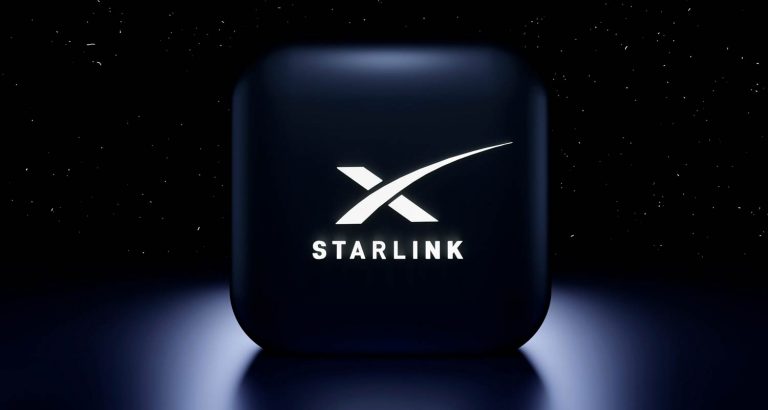adverts
The Communications Regulatory Authority of Namibia (CRAN) has issued a cease-and-desist order to Elon Musk’s satellite internet provider, Starlink, citing unlicensed operations within the country.
The announcement, made on Thursday, highlights regulatory hurdles faced by the SpaceX satellite unit as it expands across Africa.
While Starlink has submitted an application for a telecommunications service license in Namibia, CRAN stated that the license has not yet been granted as the application remains under review. “Following an investigation, CRAN has established that Starlink is operating a network within Namibia without the required telecommunications license,” the regulator said in its statement.
adverts
The order, dated November 26, instructs Starlink to immediately cease all operations in Namibia. Additionally, CRAN has advised the public against purchasing Starlink terminal equipment or subscribing to its services, warning that such activities are currently illegal under Namibian law.
Enforcement measures are already underway. CRAN investigators have confiscated unauthorised Starlink terminals from consumers and initiated criminal cases with the Namibian Police.
This isn’t the first regulatory challenge Starlink has faced in Africa. Earlier in 2024, authorities in Cameroon ordered the seizure of Starlink equipment at ports, citing a lack of licensing compliance.
Despite Starlink’s widespread operations in several African countries, resistance from state-owned telecom monopolies and stringent regulatory requirements have created obstacles. SpaceX has not yet responded to the cease-and-desist order in Namibia.
The developments underscore the regulatory complexities of expanding satellite internet services in regions with established telecom frameworks and licensing protocols.


